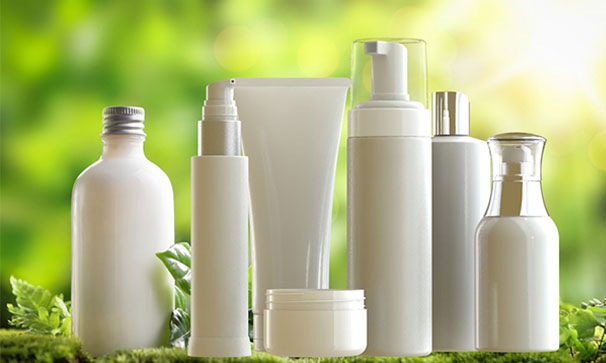In recent years, the demand for organic skincare has seen a meteoric rise. Consumers are becoming increasingly conscious of what they are applying to their skin, seeking products that are not only effective but also ethically sourced and eco-friendly. For budding entrepreneurs and established businesses alike, entering the world of private label organic skincare presents a lucrative opportunity to tap into this thriving market.
What is Private Label Organic Skincare?
Private label organic skincare refers to products that are manufactured by one company but packaged and marketed under another company’s brand. These products are created using natural and organic ingredients, ensuring that they meet the growing consumer demand for safe and environmentally friendly skincare solutions.
By opting for private label skin care products, businesses can bypass the complexities of product formulation and manufacturing, allowing them to focus on brand building and marketing. This business model not only saves time and resources but also provides the flexibility to customize skincare offerings to meet specific customer needs.
Benefits of Private Label Organic Skincare
1. Customization and Branding
One of the most significant advantages of private label skincare products is the ability to create custom skin care formulations that cater to a niche audience. Whether your target market is looking for anti-aging solutions, acne treatments, or products specifically for sensitive skin, private label manufacturing allows for tailored formulations that align with your brand’s identity.
2. Cost-Effectiveness
Developing skincare products from scratch can be an expensive and time-consuming process. Private labeling, however, offers an economical alternative. By leveraging the expertise and infrastructure of established manufacturers, businesses can significantly reduce production costs and bring products to market faster.
3. High-Quality Standards
Reputable private label manufacturers adhere to stringent quality control standards to ensure their products meet both regulatory requirements and consumer expectations. This means you can offer high-quality, organic skincare products without having to invest heavily in research, development, and quality assurance.
4. Scalability
Private label skin care products provide the scalability needed to grow alongside your business. Whether you’re starting with a few items or expanding to a comprehensive skincare line, private labeling allows businesses to scale up production seamlessly to meet increasing demand.
5. Market Responsiveness
The beauty industry is known for its rapidly changing trends. With private label organic skincare, brands can quickly adapt to these trends, launching new products and formulations that align with current consumer preferences. This agility helps keep your brand relevant and competitive in a fast-paced market.
Creating Custom Skin Care Formulations
The allure of offering custom skin care formulations lies in the ability to deliver personalized solutions that resonate with your target audience. Here’s how you can create exceptional custom formulations:
Research and Development
Start by understanding your target market’s skincare concerns and preferences. Conduct surveys, focus groups, and market analysis to gather insights that will guide your product development process. Collaborate with experienced chemists and formulators to create unique blends that address specific skincare needs.
Selecting the Right Ingredients
Choosing high-quality, organic ingredients is crucial for creating effective skincare products. Look for ingredients that are backed by scientific research and have proven benefits. Common ingredients in organic skincare include aloe vera, chamomile, jojoba oil, and shea butter, which offer hydration, soothing effects, and antioxidant properties.
Branding and Packaging
Packaging plays a vital role in customer perception and brand recognition. Invest in aesthetically pleasing and functional packaging that protects the product and aligns with your brand’s identity. Sustainable packaging options are also becoming increasingly popular, reflecting the eco-conscious values of many consumers.
Testing and Compliance
Before launching your product, ensure it undergoes rigorous testing to guarantee efficacy and safety. Compliance with industry regulations and standards is essential to establish trust with your customers and avoid potential legal issues. Collaborate with your manufacturer to conduct stability and compatibility tests, ensuring that your formulations maintain their integrity over time.
The Future of Private Label Organic Skincare
With the rise of conscious consumerism, the demand for organic and natural products shows no signs of slowing down. This trend presents a unique opportunity for entrepreneurs and businesses to carve out a niche in the competitive beauty industry.
By offering custom skin care formulations through private labeling, brands can differentiate themselves and build a loyal customer base. Whether you’re a small startup or a well-established company, the potential for growth and success in the world of private label organic skincare is immense.
Conclusion
Entering the private label organic skincare market allows brands to deliver high-quality, customized products that align with consumer values. From cost-effectiveness to scalability and market responsiveness, the benefits of private label skin care products are numerous.
If you’re considering venturing into the beauty industry, partnering with a reputable private label manufacturer could be your key to unlocking a world of opportunities. With the right strategy, dedication, and commitment to quality, your brand can thrive in the dynamic world of organic skincare.




